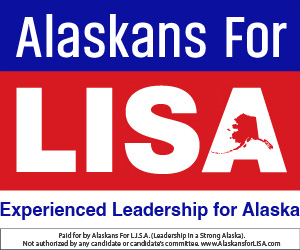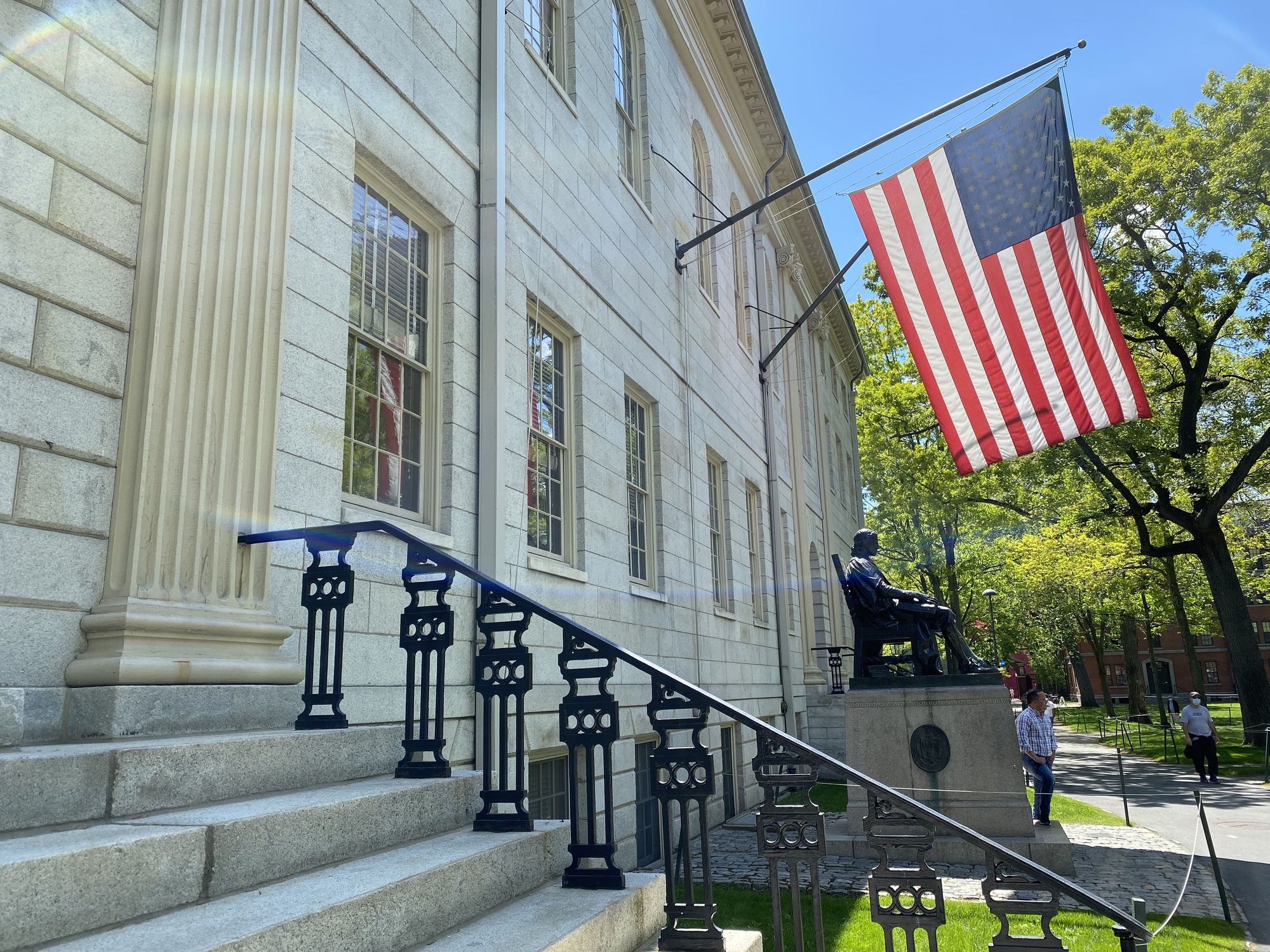America’s most prestigious medical schools are training a new crop of advocates for “diversity, equity and inclusion,” or DEI, as they bring onboard their new cohorts of medical students, according to a new report by a group that is pushing back on “woke” medical trends that are replacing science and medicine with social justice training. The report shows DEI advocacy begins during the medical school admissions screening.
Some 36 of the top 50 medical schools ask applicants their views on, or experience in diversity-equity-inclusion causes. Many of the medical schools come right out and ask whether applicants agree with certain political statements about race and the causes of different health outcomes.
“This focus on identity politics is not limited to elite medical schools. Schools outside the top-ranked tier are also probing for information about candidates’ attitudes toward race, ethnicity, socioeconomic status, and more. The goal, it appears, is to turn ideological support for health equity and social justice initiatives into a credential that increases an applicant’s chance of acceptance, to screen out dissenters, and to signal to all applicants that they are expected to support this new cause,” the Do No Harm report says.
Do No Harm’s review finds that 80 percent of the top 10 schools use probing questions that make it clear what response they are looking for from applicants regarding views about diversity, equity, and inclusion topics. Eleven of the top medical schools in the US News & World Report’s top 50 ask the most egregious questions, which appear to be intended to uncover the candidate’s true devotion to social justice and health equity.
Some medical schools take a subtler approach by requesting autobiographical or socioeconomic information or by asking applicants to self-identify with particular demographic labels, Do No Harm writes. But some institutions explicitly question applicants about their positions on, and commitments to, racial identity politics and institutional initiatives related to DEI. The message is: Comply with our politics or you will not be admitted. Examples include:
Duke University asks applicants if to explain their understanding of race and its relationship to health care inequitites:
“Potential sources of health inequities include race, gender, education, income, disability, geographic location, and sexual orientation. Moments to Movement (M2M) is Duke’s collective stand against systemic racism and injustice. The name signifies going beyond passive moments of reflection and becoming more active as we build to make lasting change for our patients, their loved ones and each other. Describe your understanding of race and its relationship to inequities in health and health care.”
UCLA’s Geffen Medical School asks applicants if they identify as “marginalized” when they consider access to education or health care.”
Marginalized includes “LGBTQIA, disabilities, federally recognized tribe,” and UCLA asks applicants “how this inequity has impacted you or your community and how educational disparity, health disparity and/or marginalization has impacted you and your community.”
Do No Harm links this question to a statement on the medical school’s DEI web page: “The core values of justice, equity, diversity and inclusion are inseparable from our institutional goals of excellence in all tenets of healthcare, research, education, and community engagement.”
University of Minnesota Medical School asks applicants about their identities as well as incidents in which they “personally experienced or acted with implicit or explicit bias.” In its application, the school asks students to talk about their views on racism:
“Our country is reckoning with its history, racism, racial injustice, and especially anti-black racism. Please share your reflections on, experiences with, and greatest lessons learned about systemic racism.”
Those who want to know exactly what the university is looking for in a response may look up key words on the ““Defining Our Terms” web page at the Office of Diversity, Equity, and Inclusion, where applicants can find definitions for terms like such as “micro-aggression,”“privilege,” and “anti-racism.” Use of these words in answering the questions on the application may be helpful for gaining admission.
Florida Atlantic University’s application asks students how they will personally dismantle racism:
“As a community FAU Schmidt COM has made a commitment to be anti-racist and address systemic racism in education and healthcare. Institutionalized racism can be defined as “macro level systems, social forces, institutions, ideologies, and processes that interact with one another to generate and reinforce inequities among racial and ethnic groups.” As a future medical student at FAU, how can you play an active role in addressing and dismantling systemic racism?”













